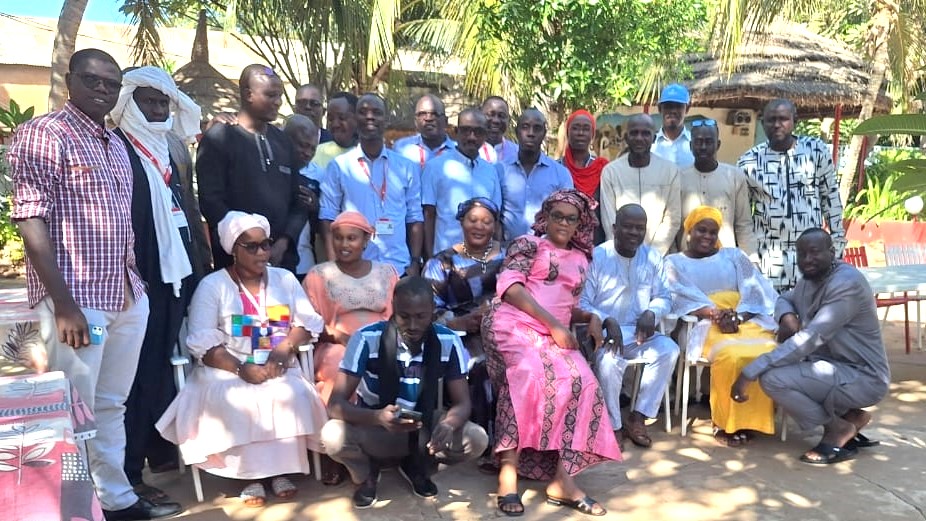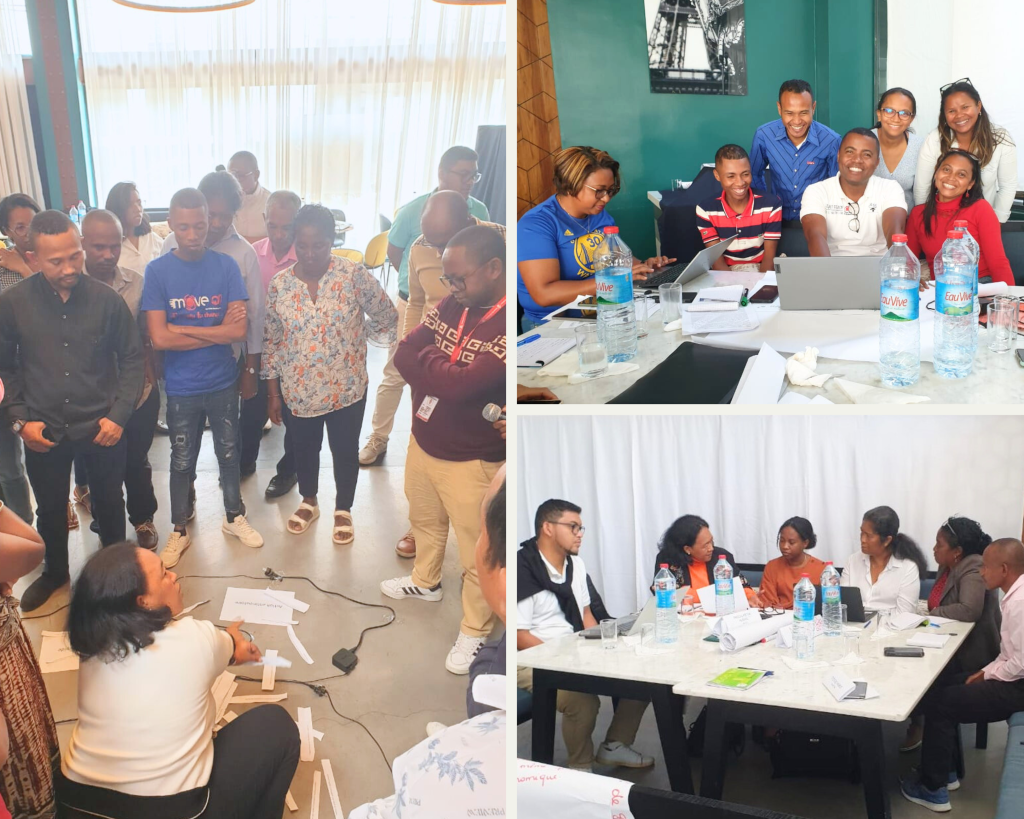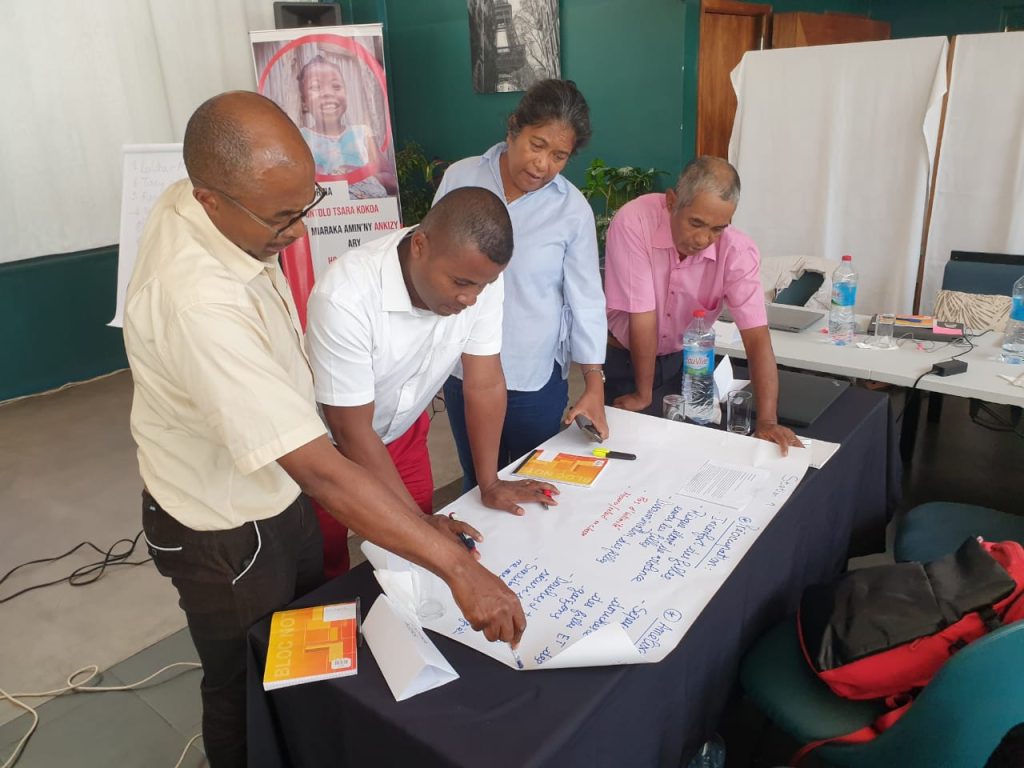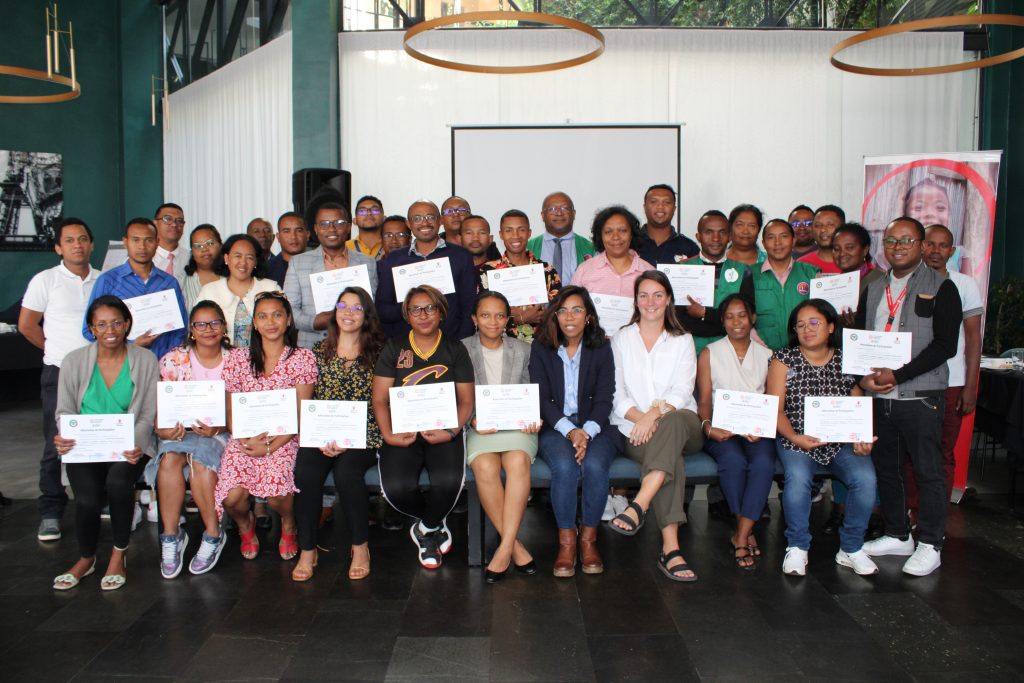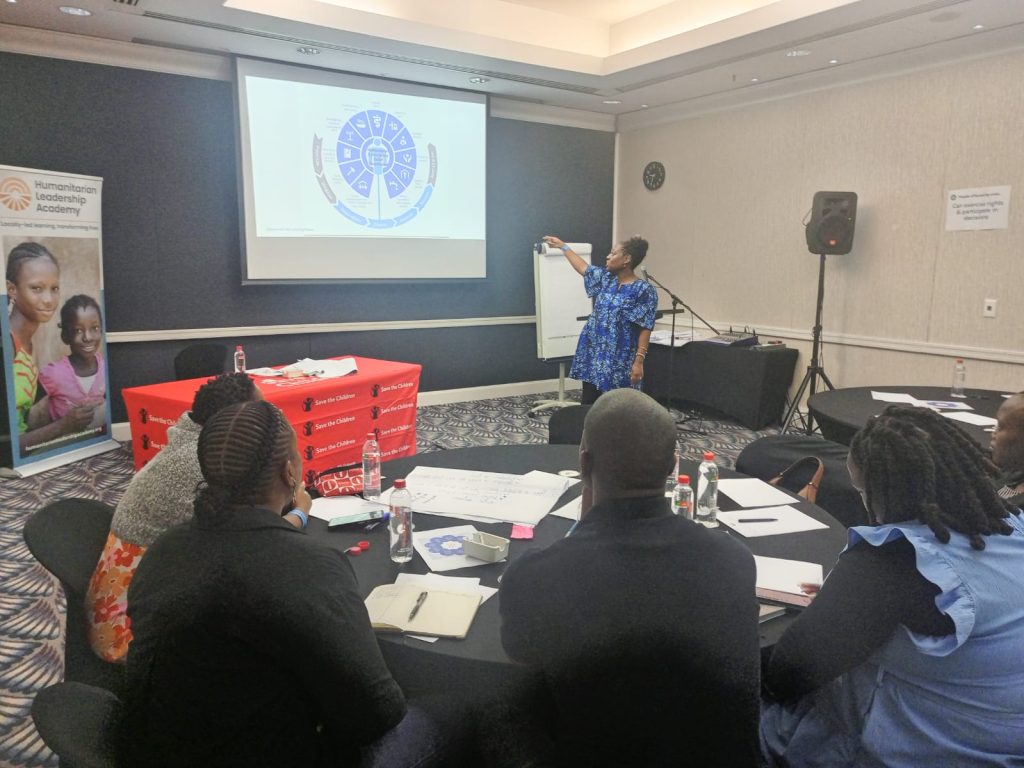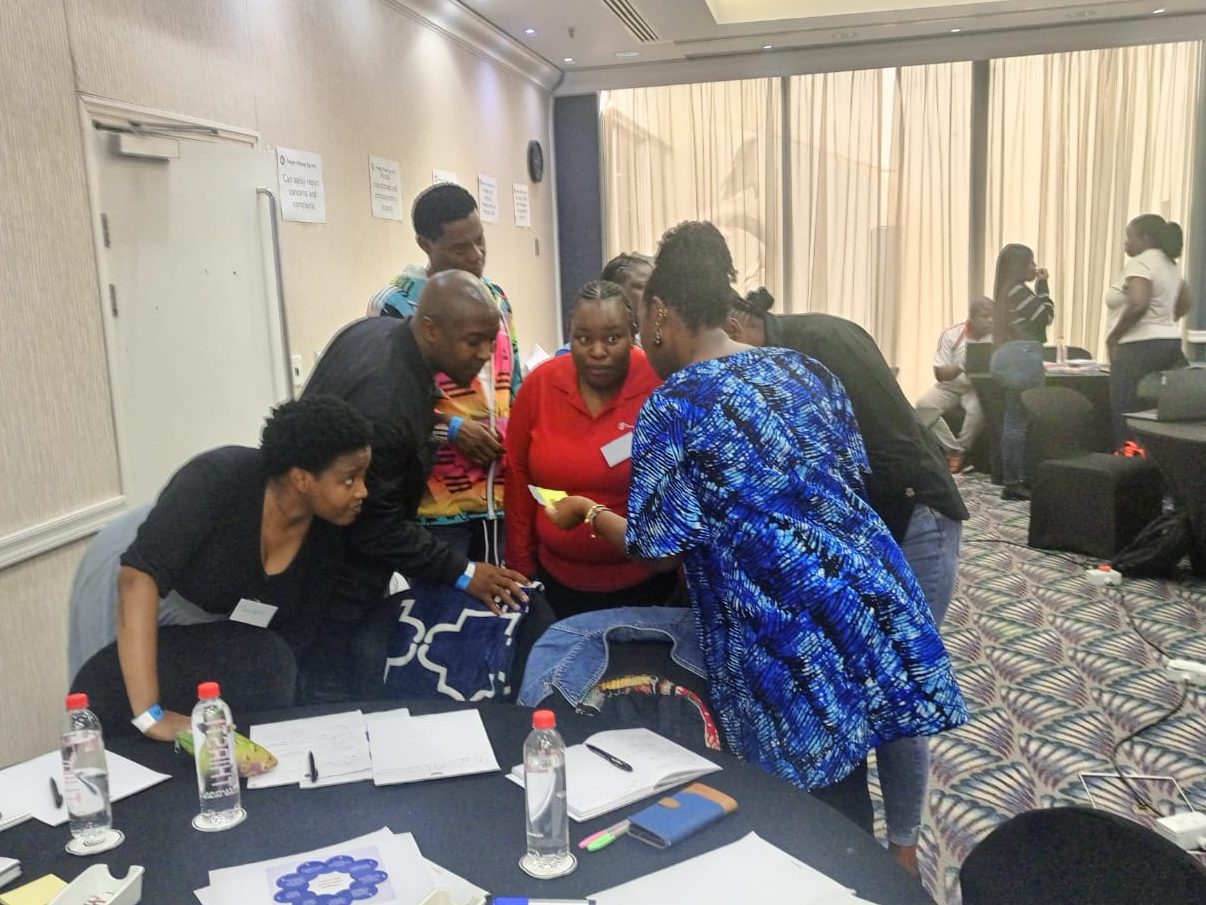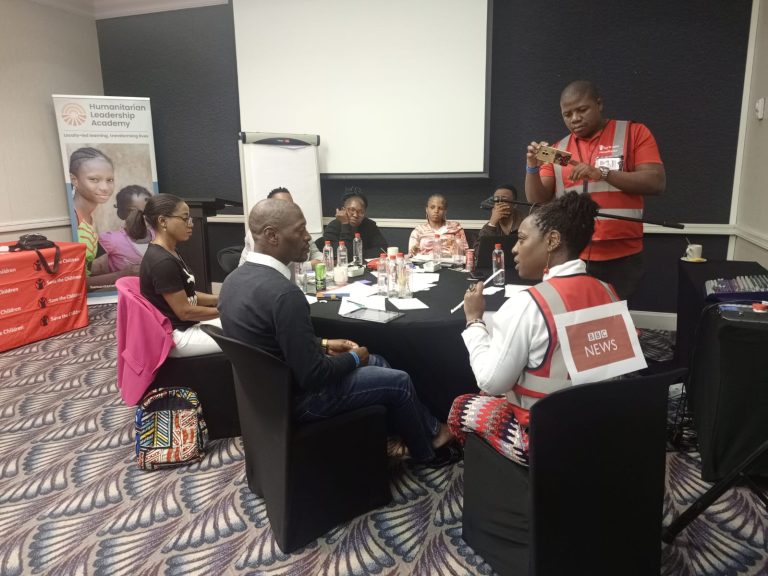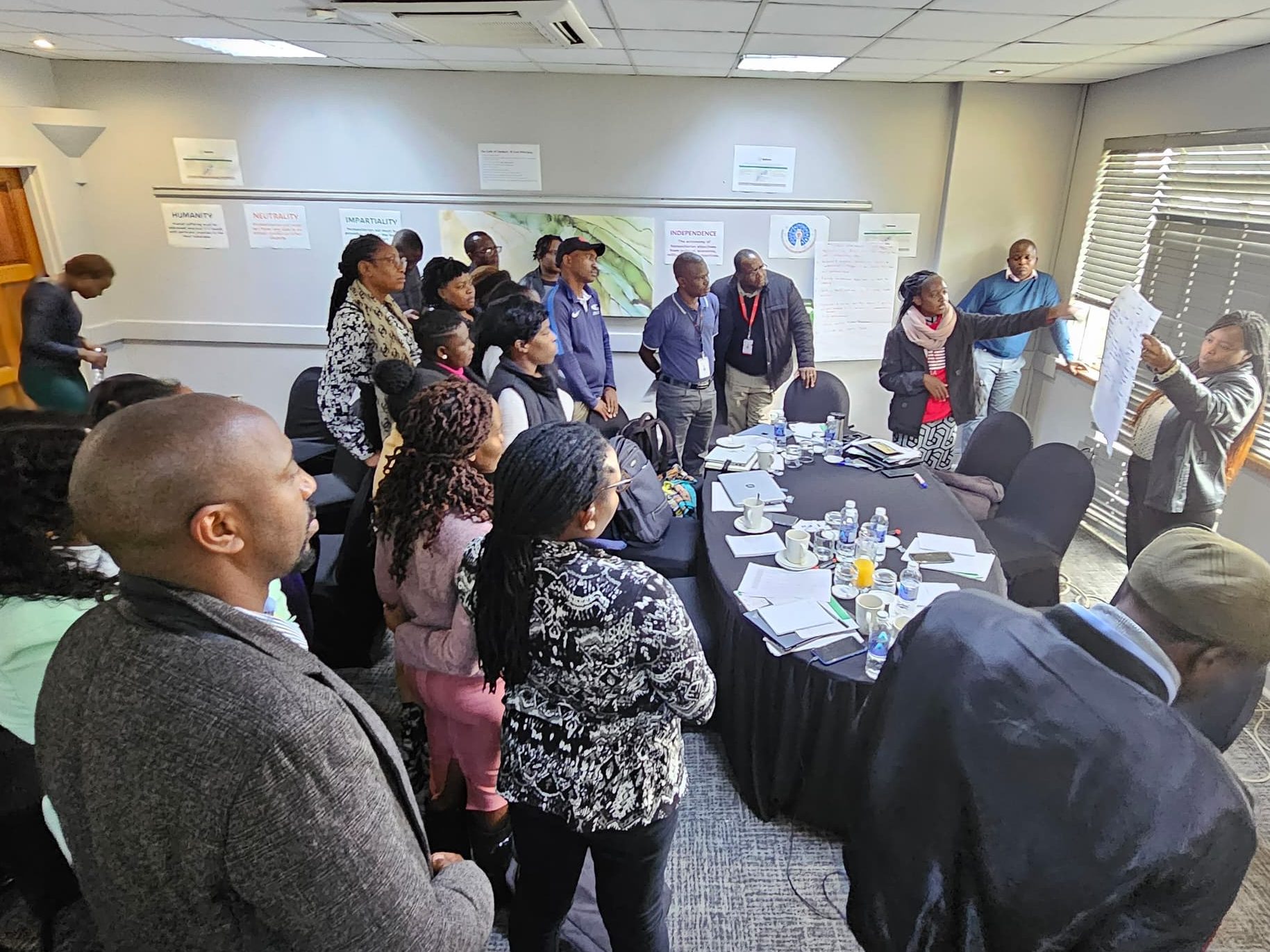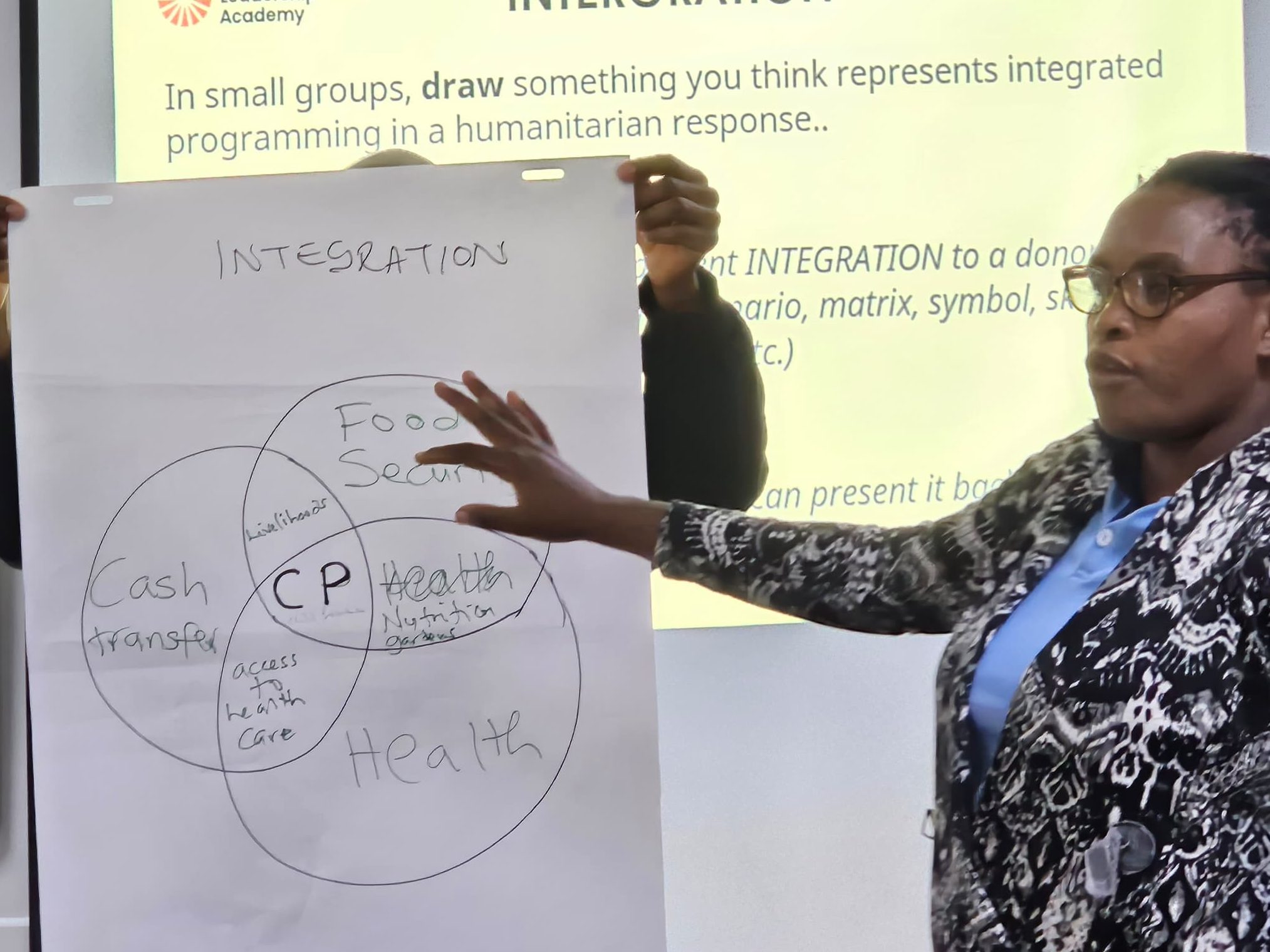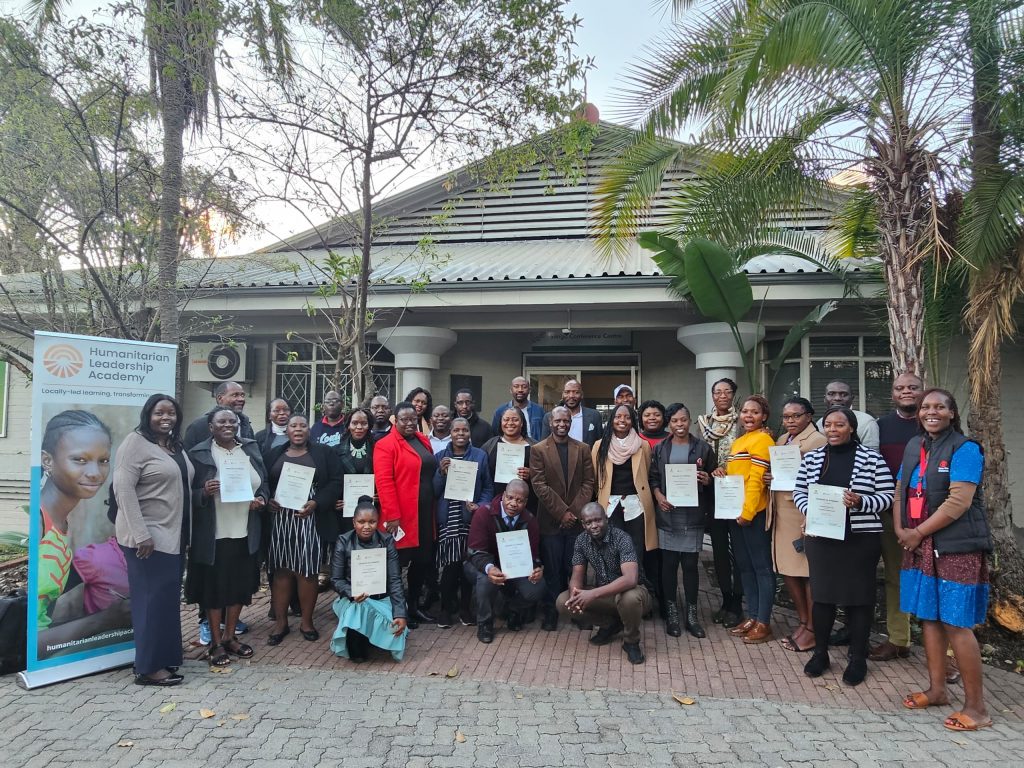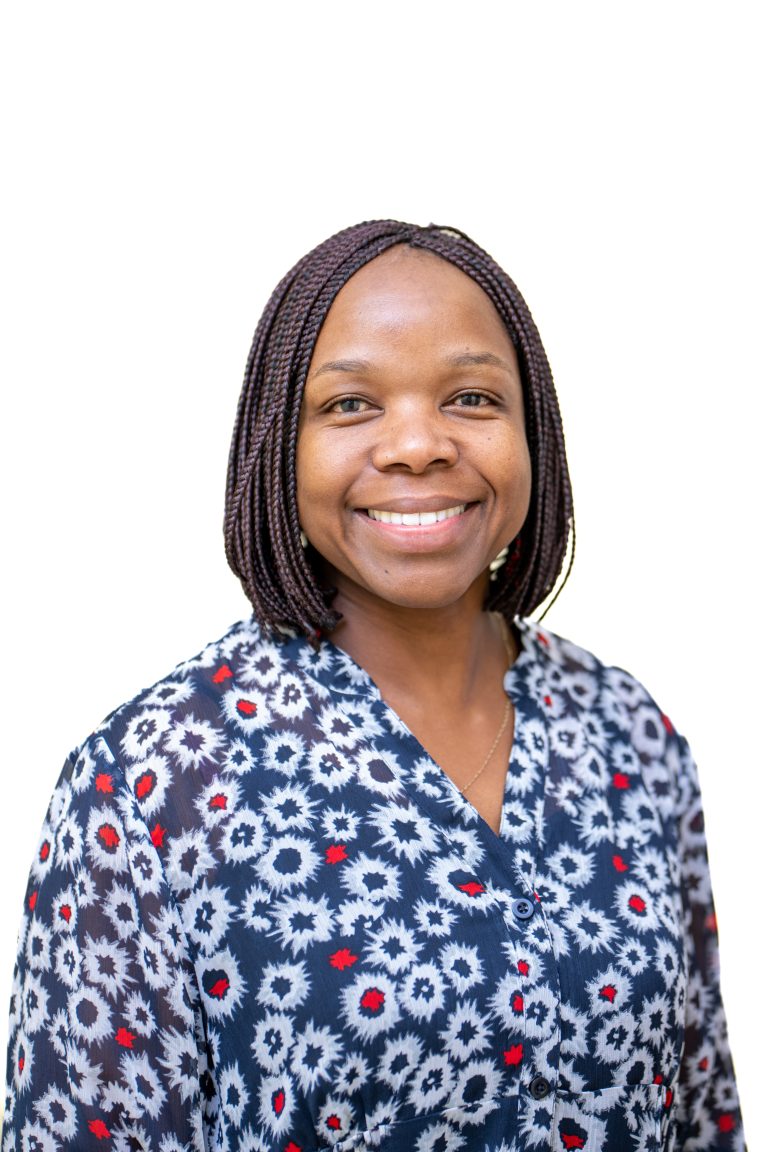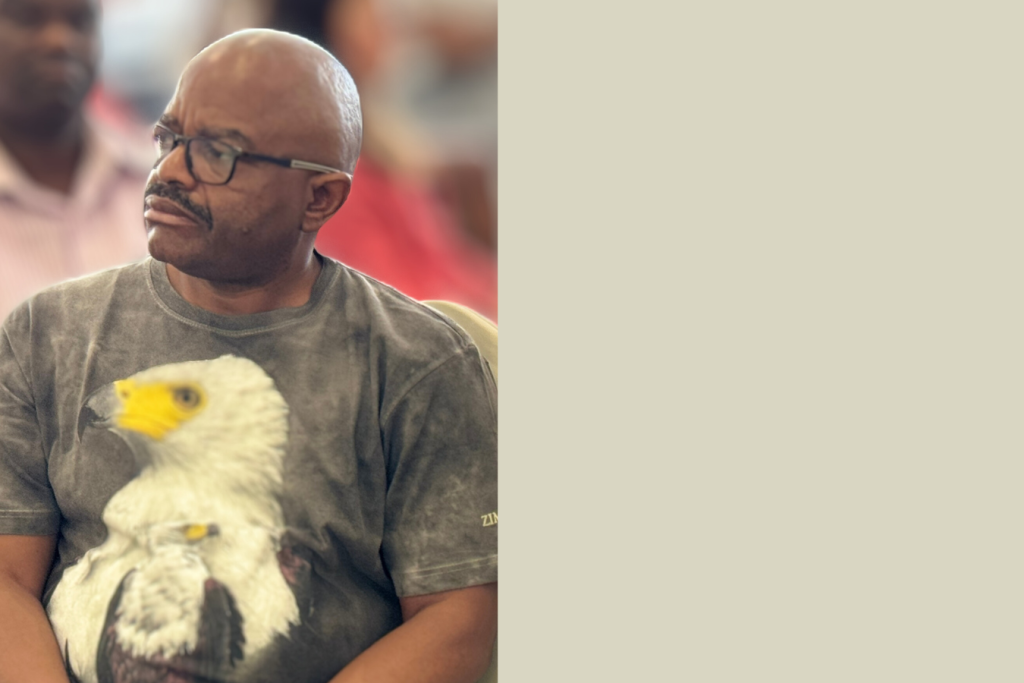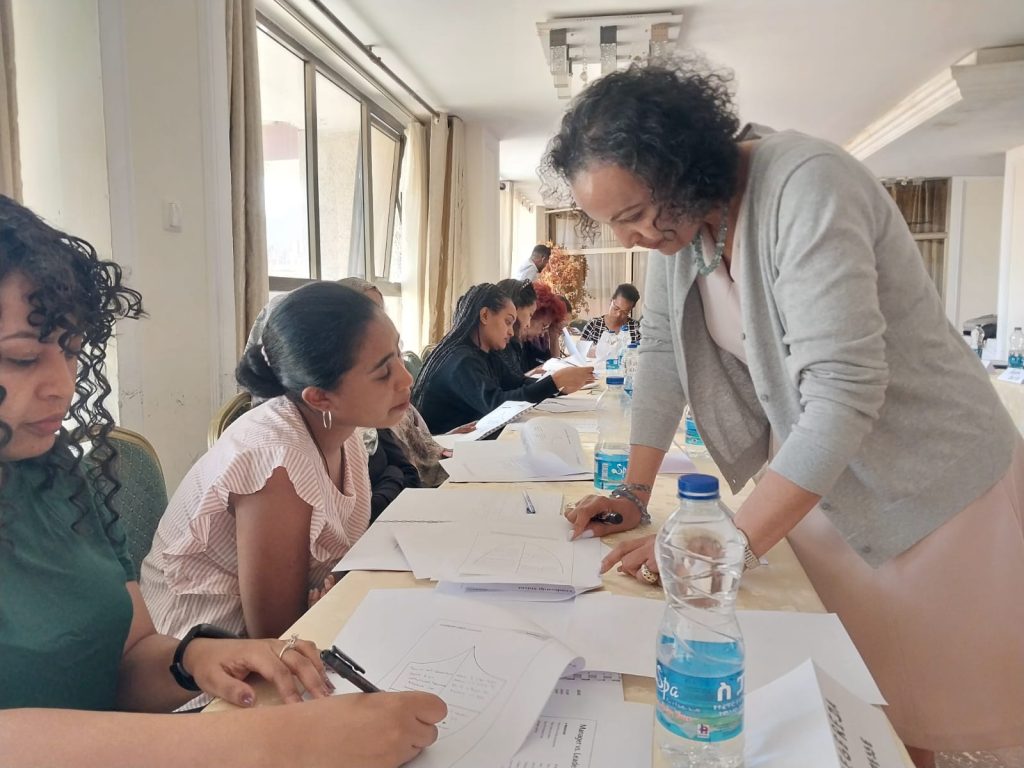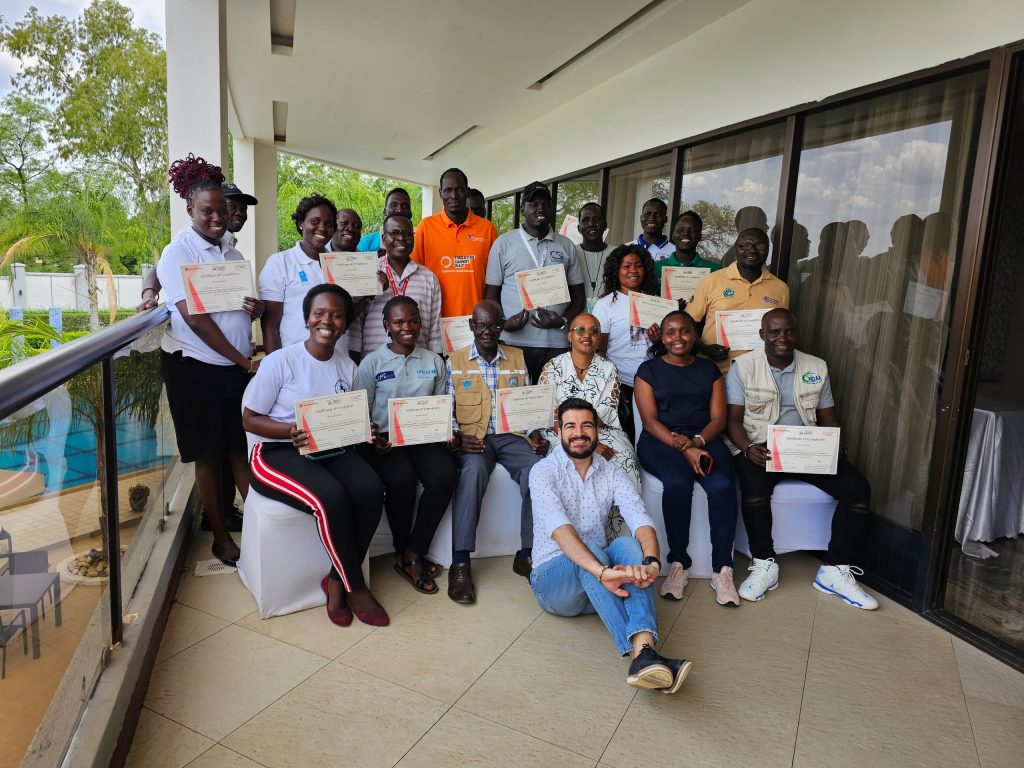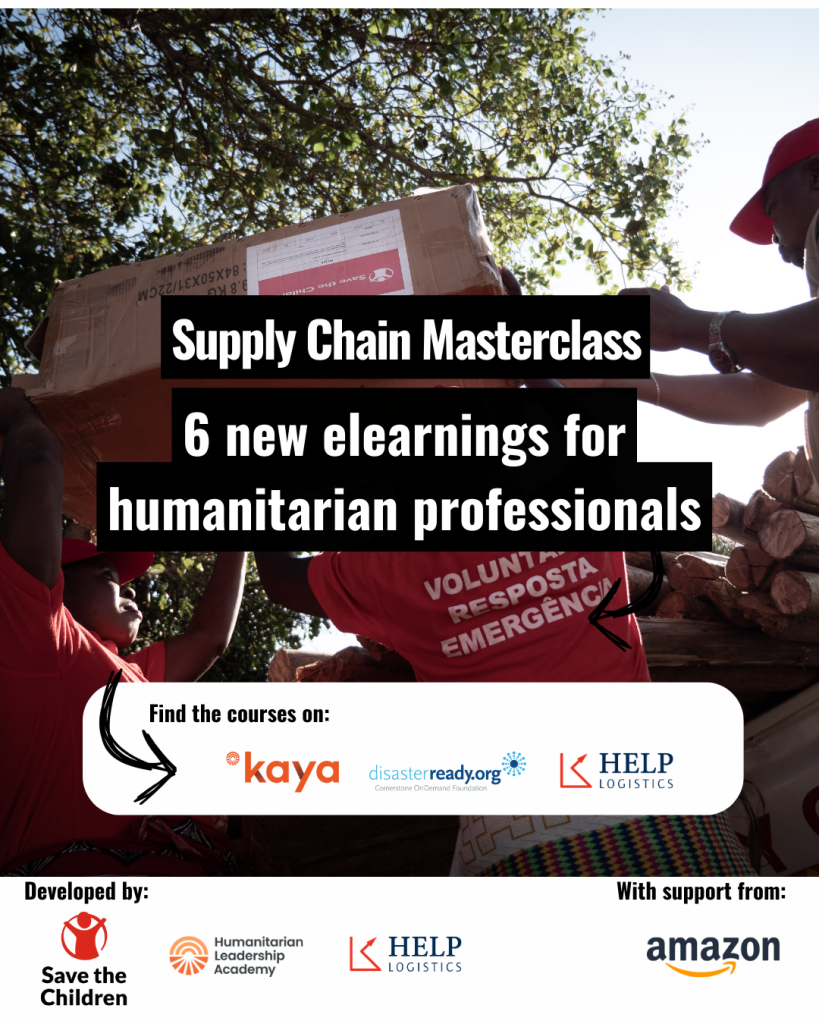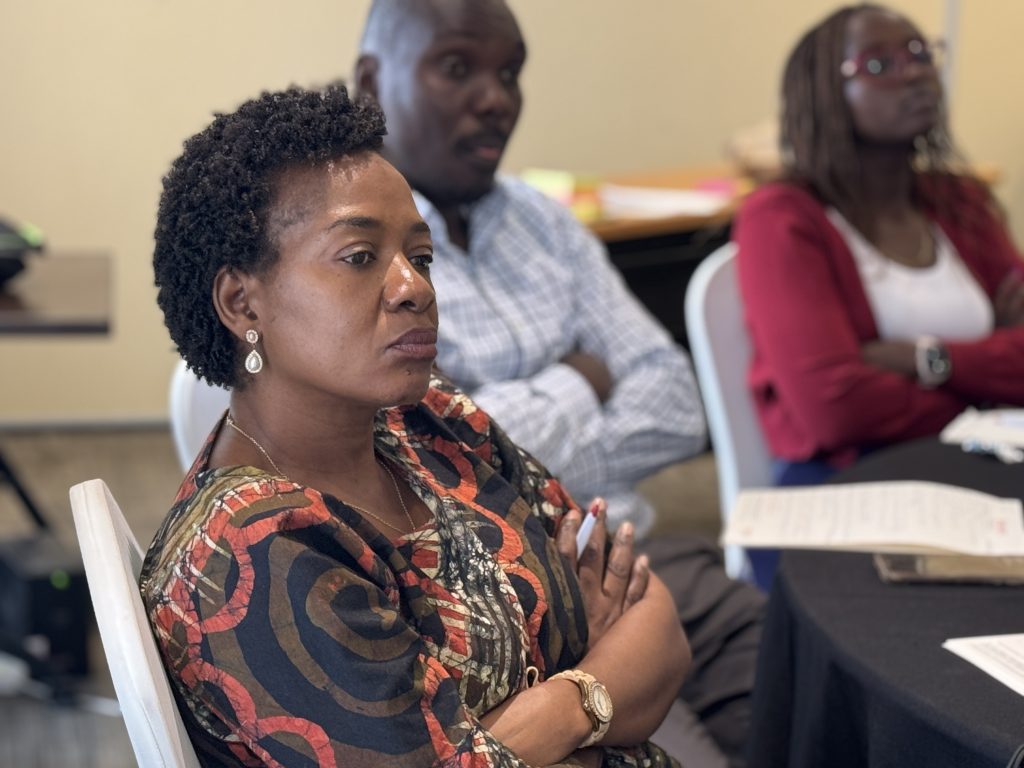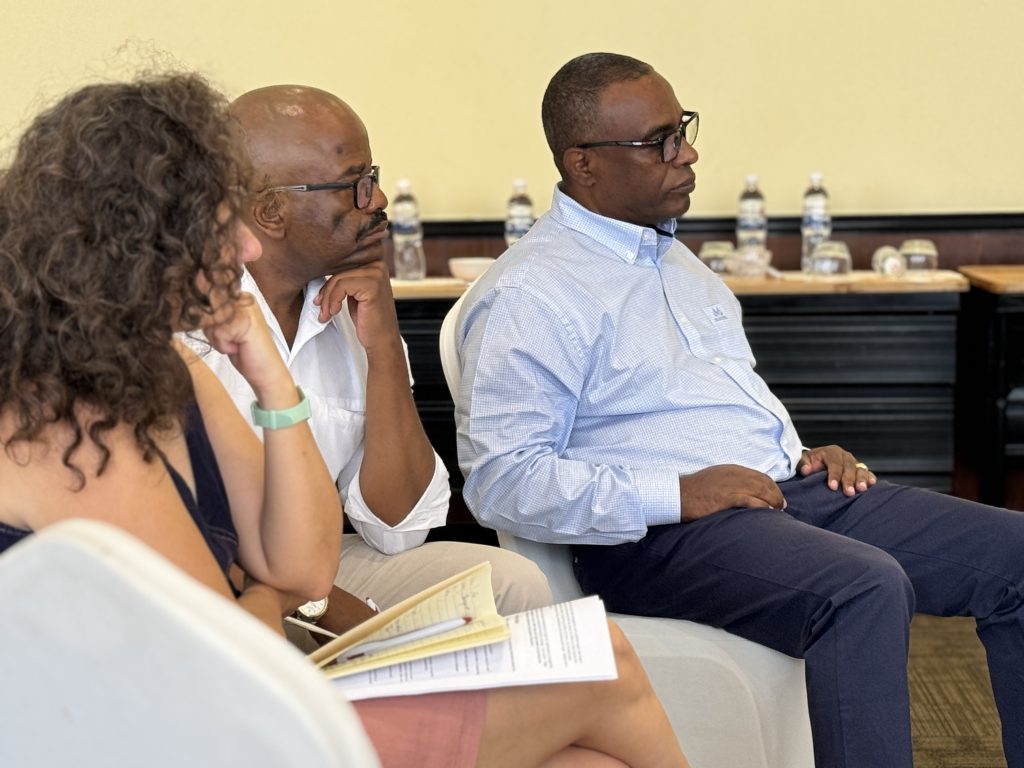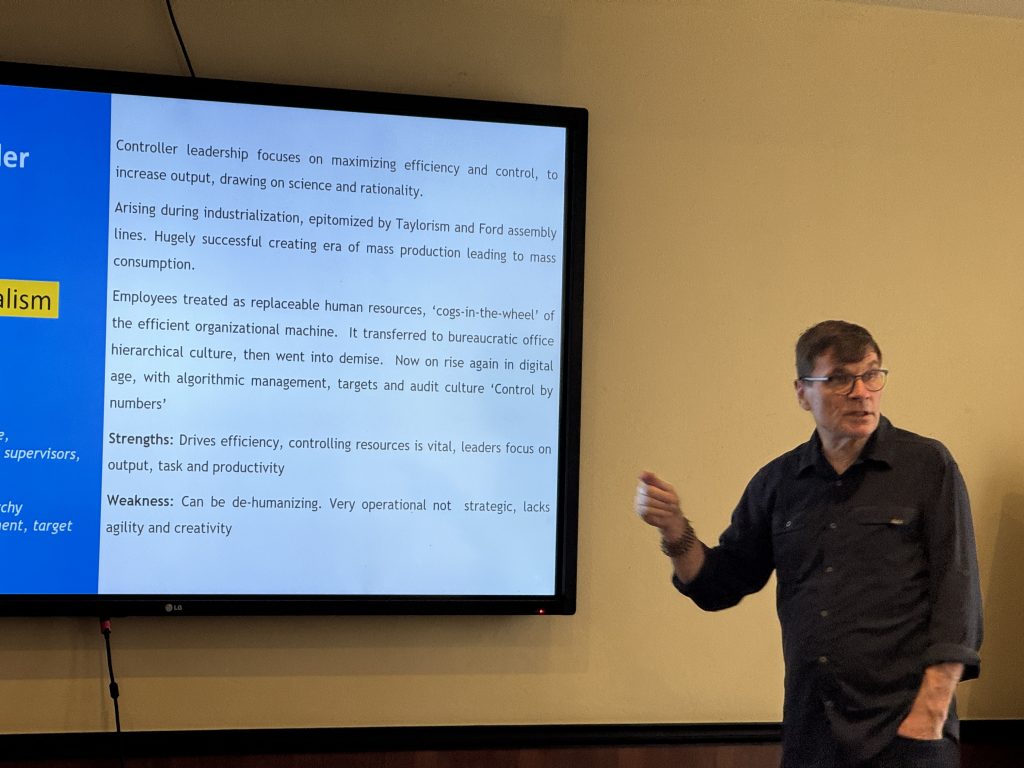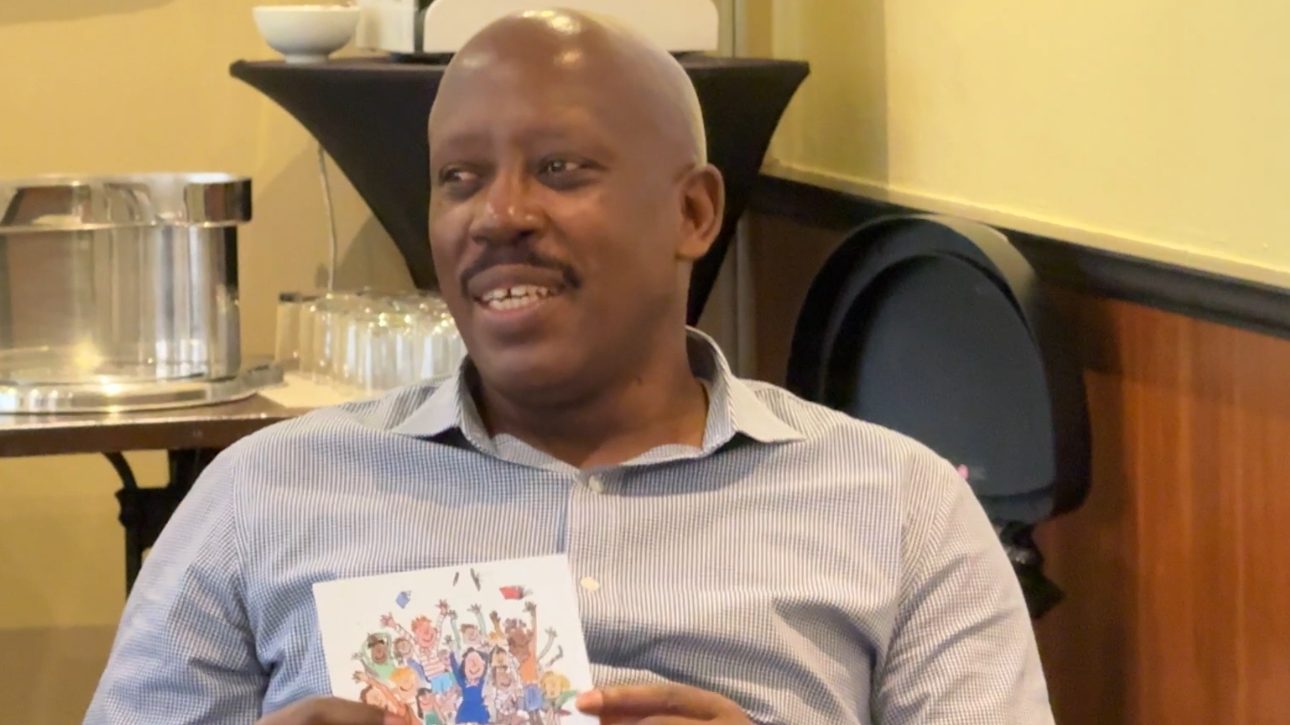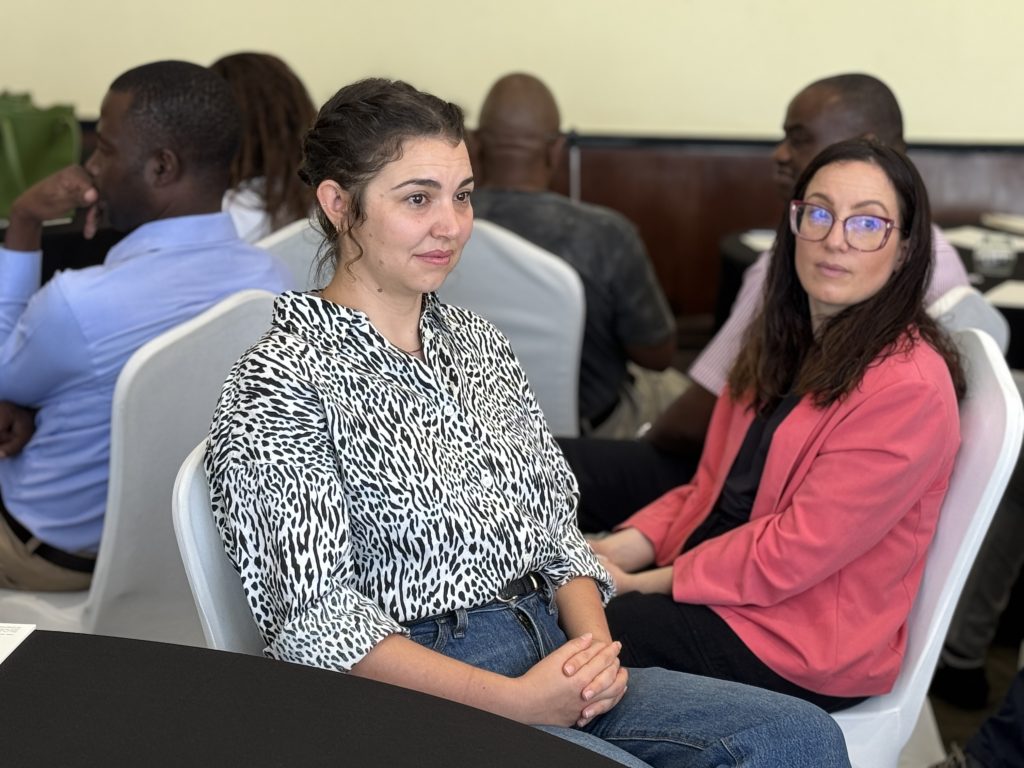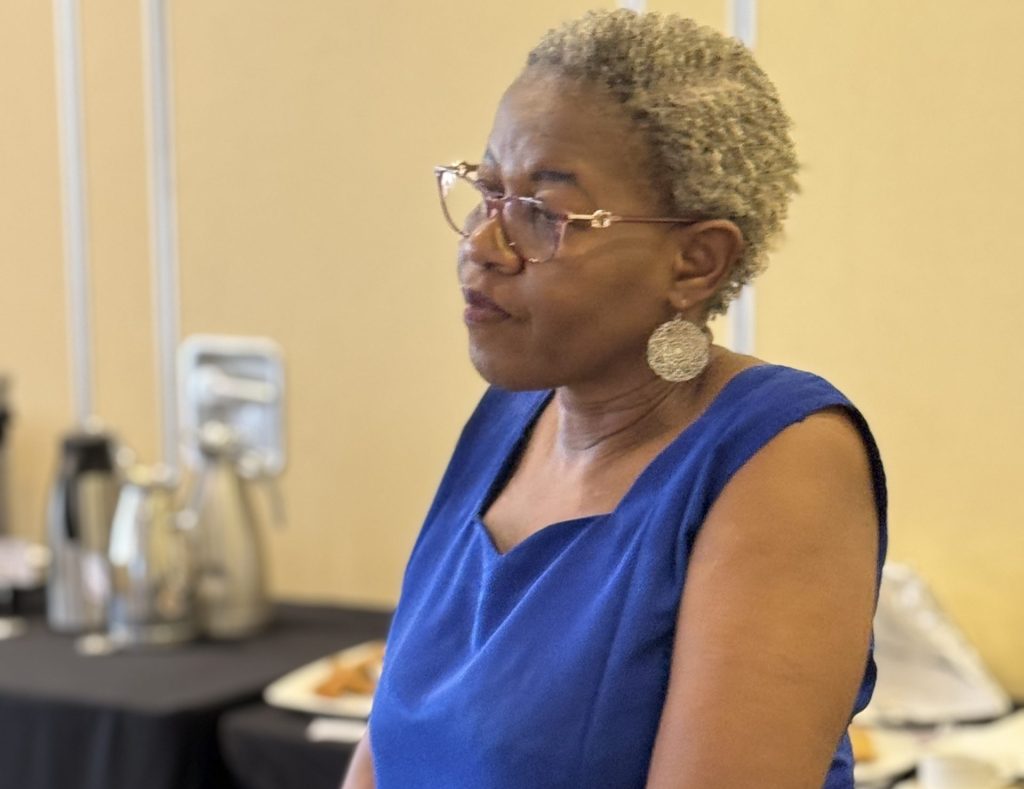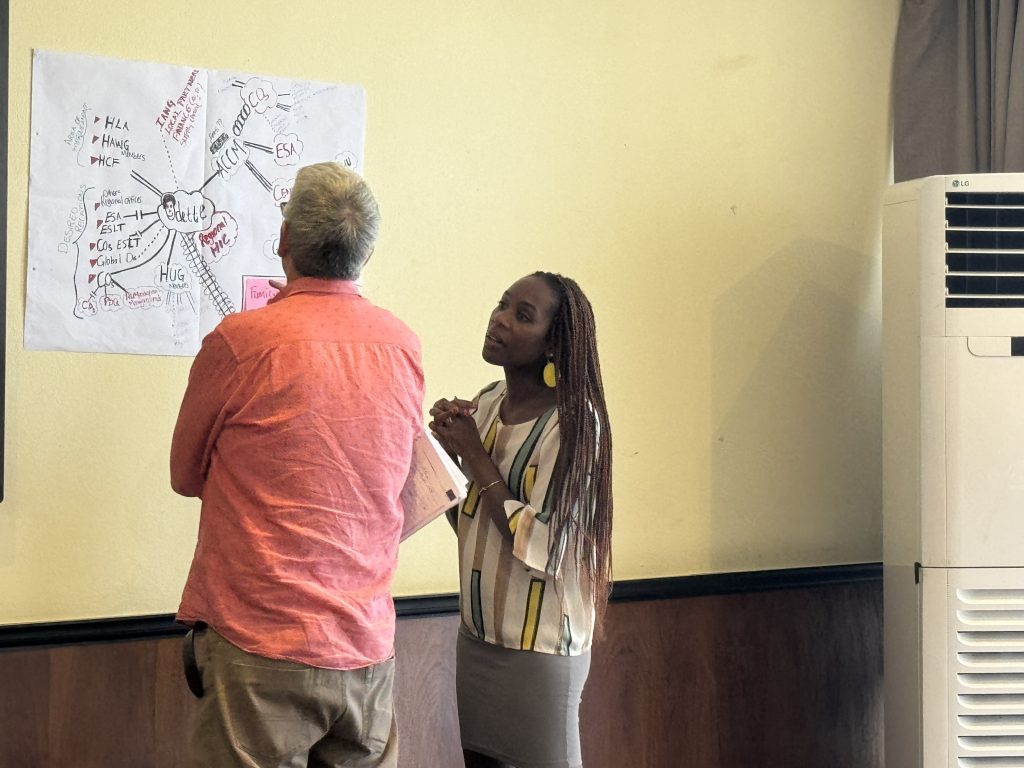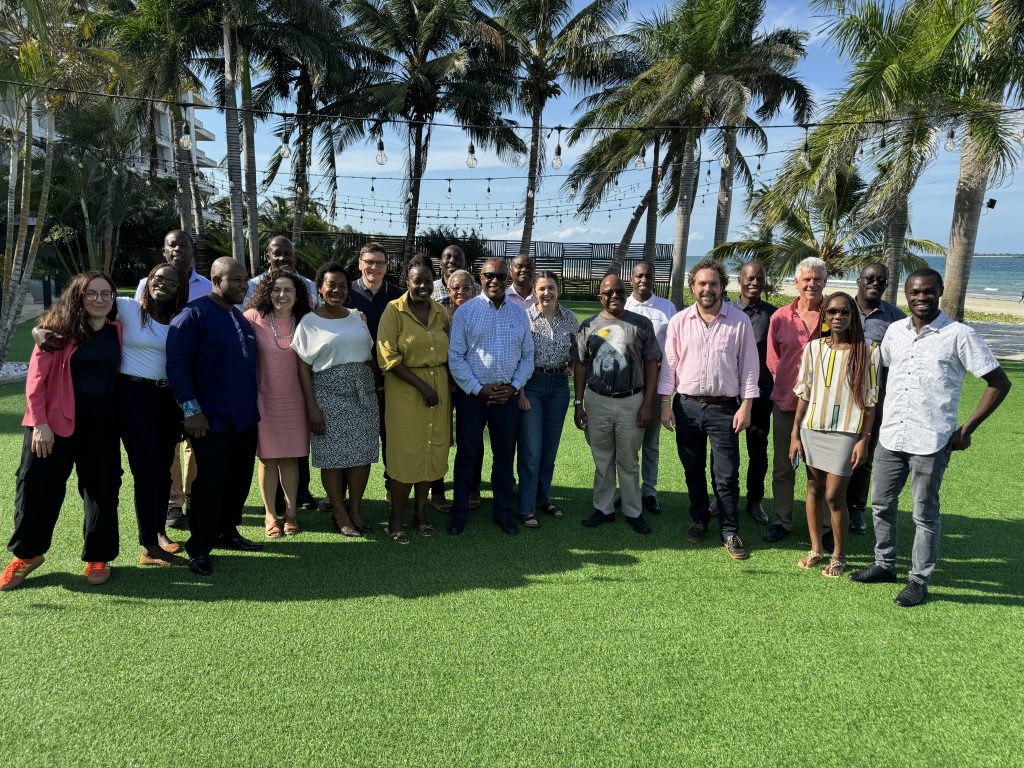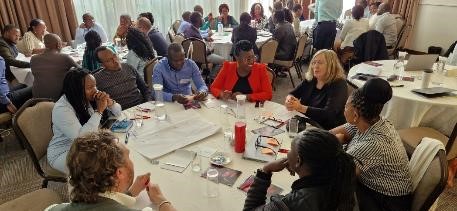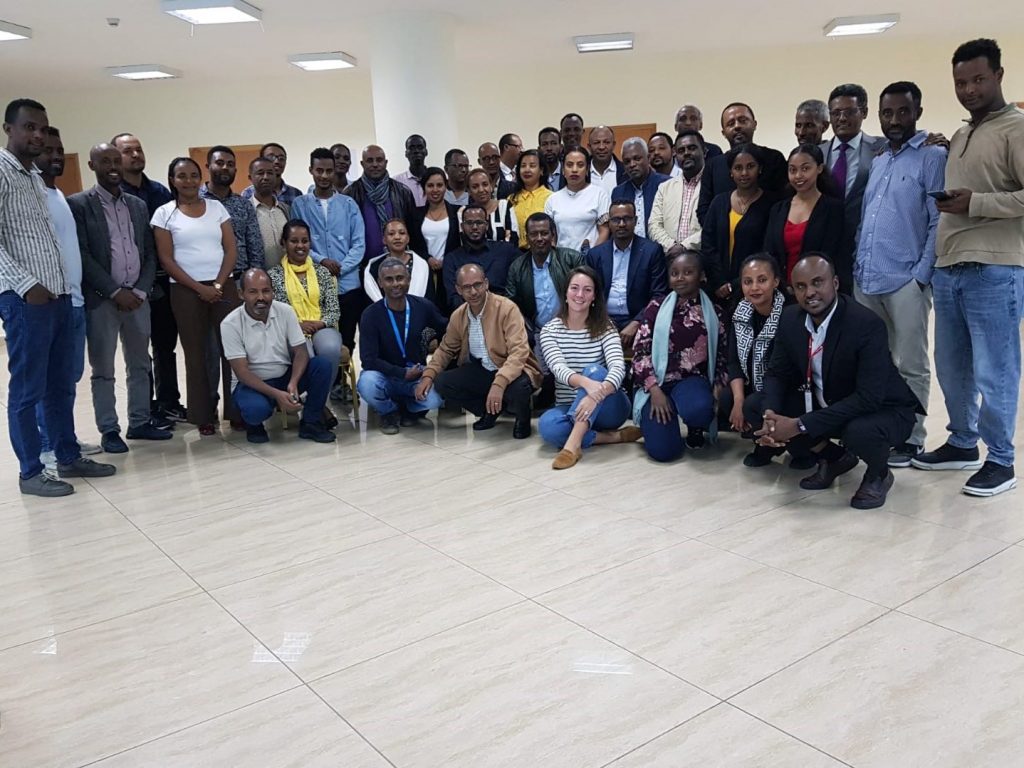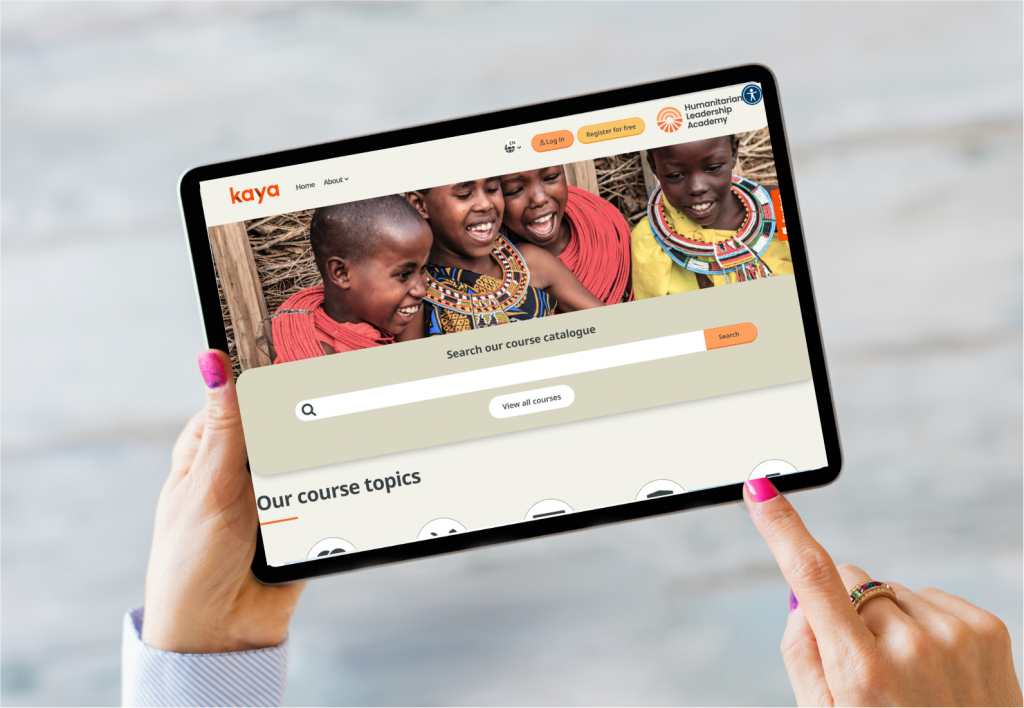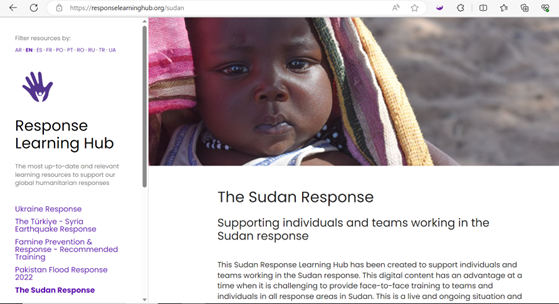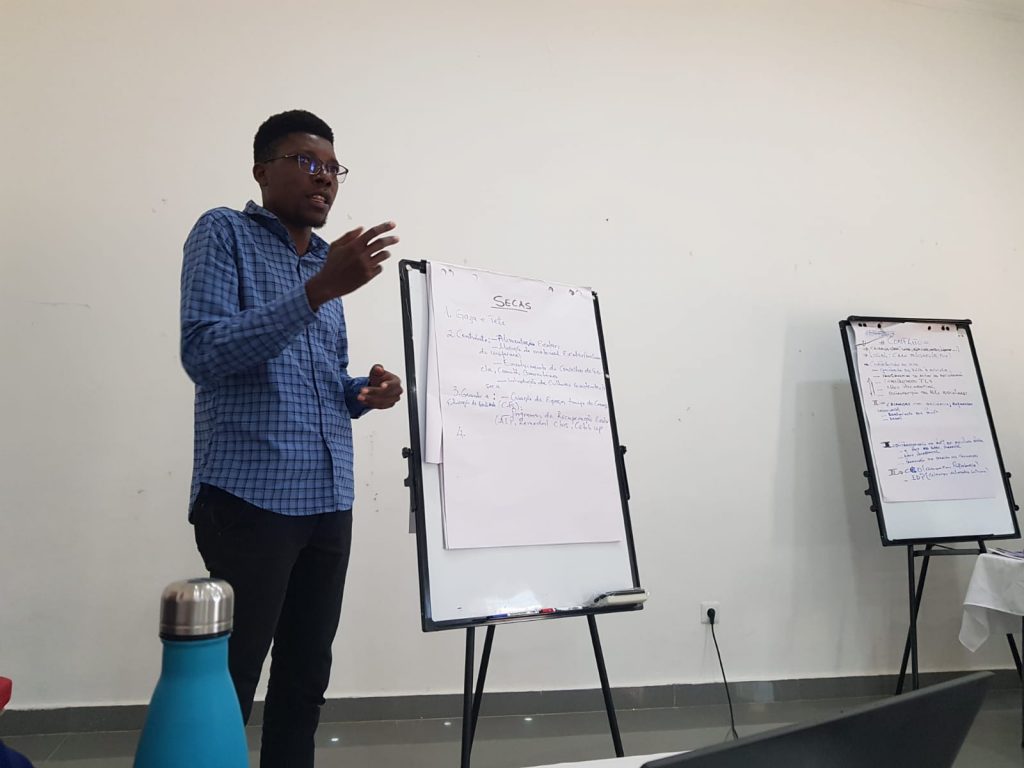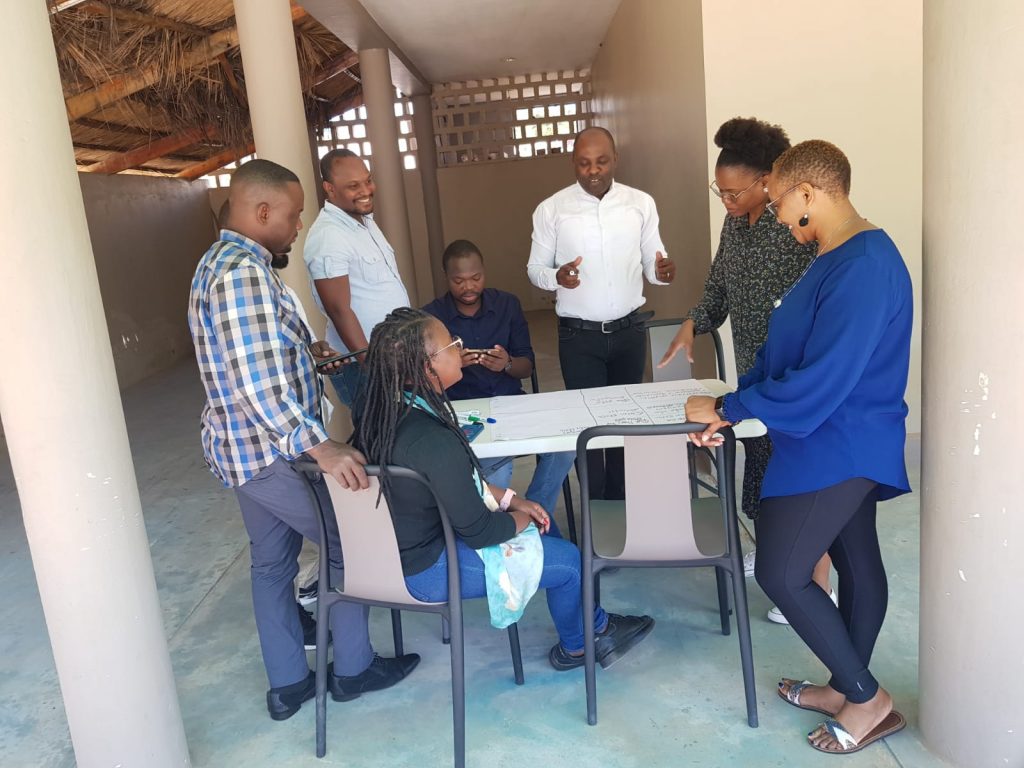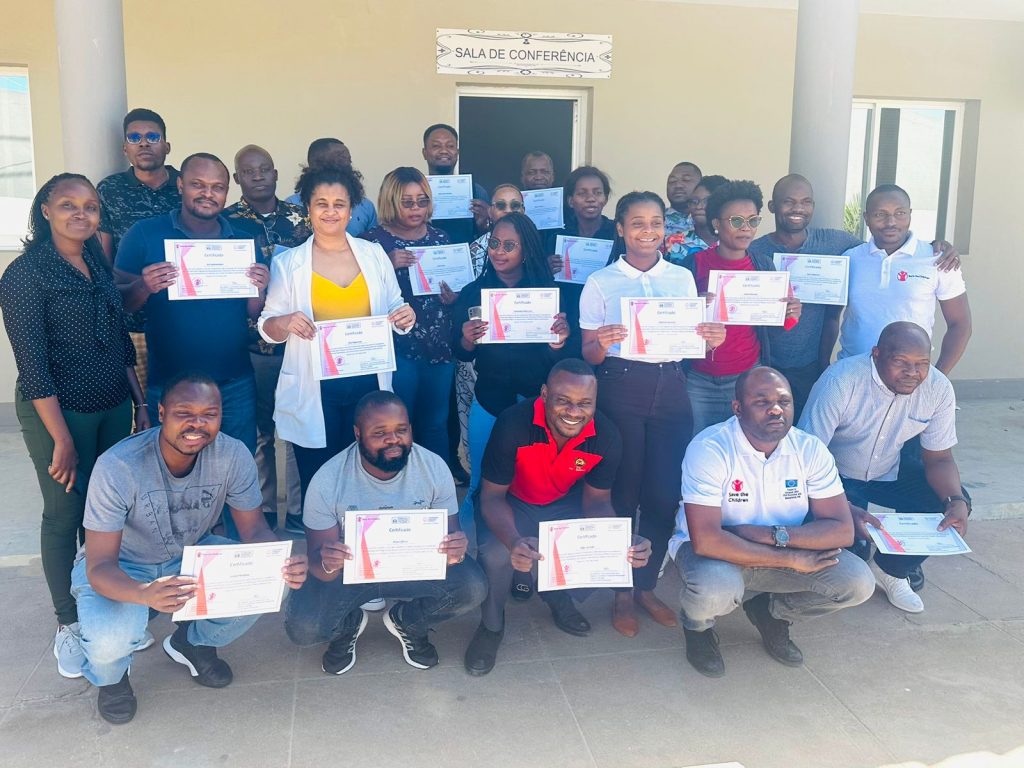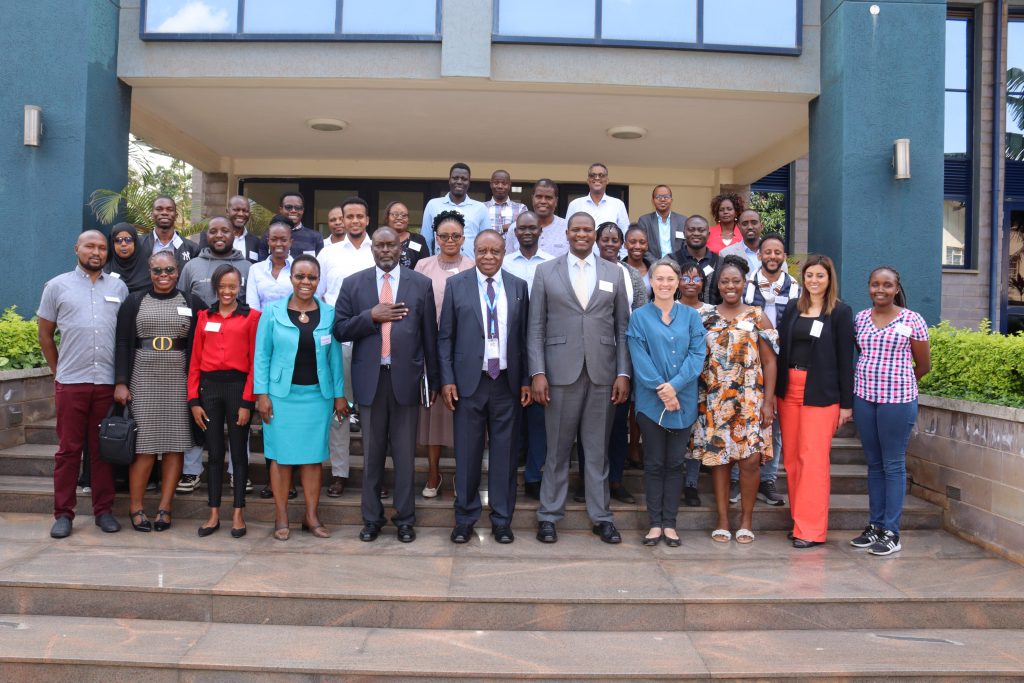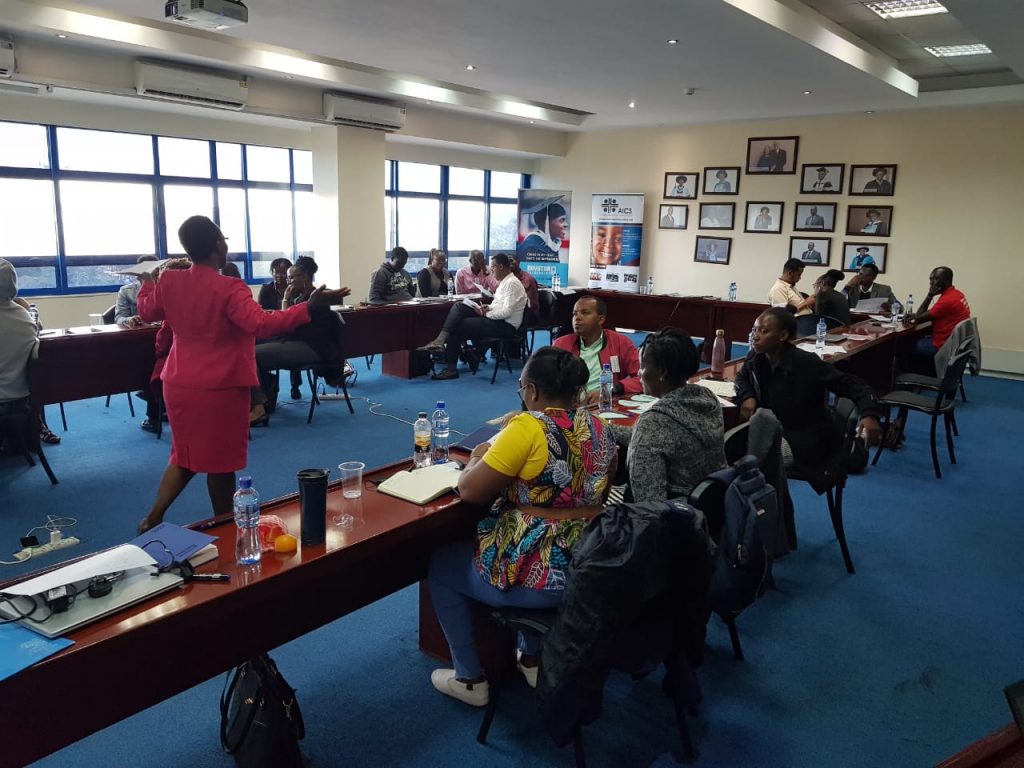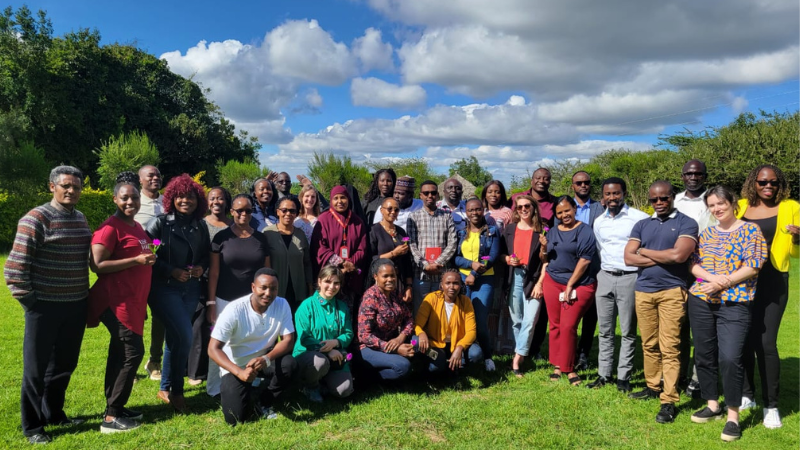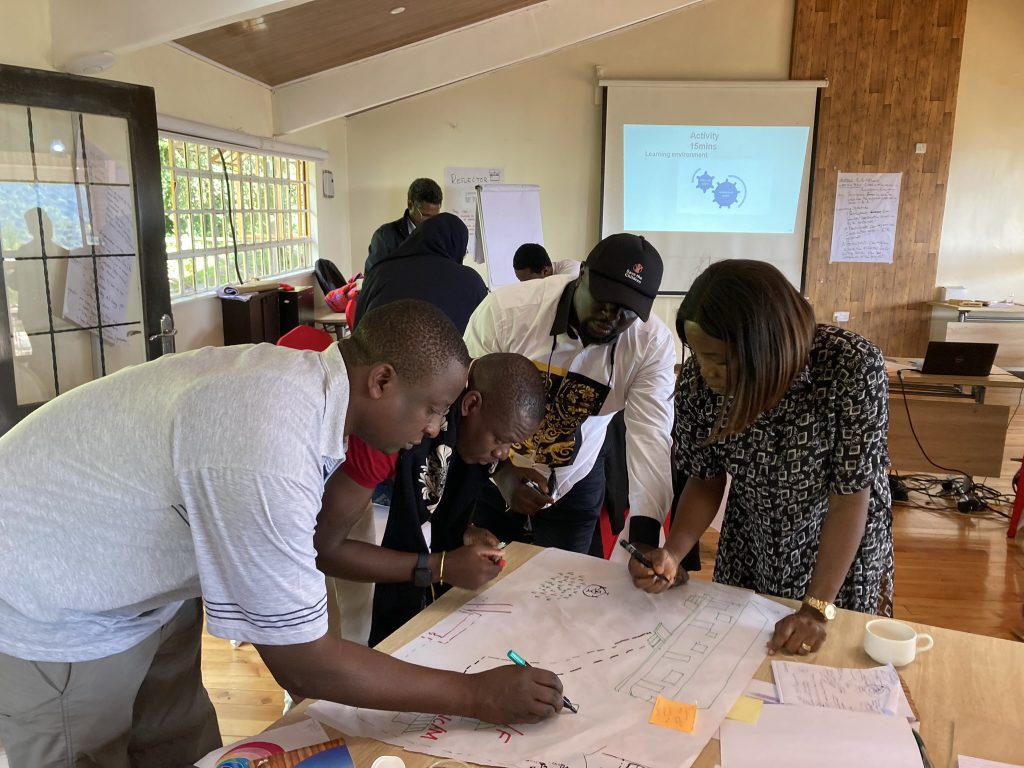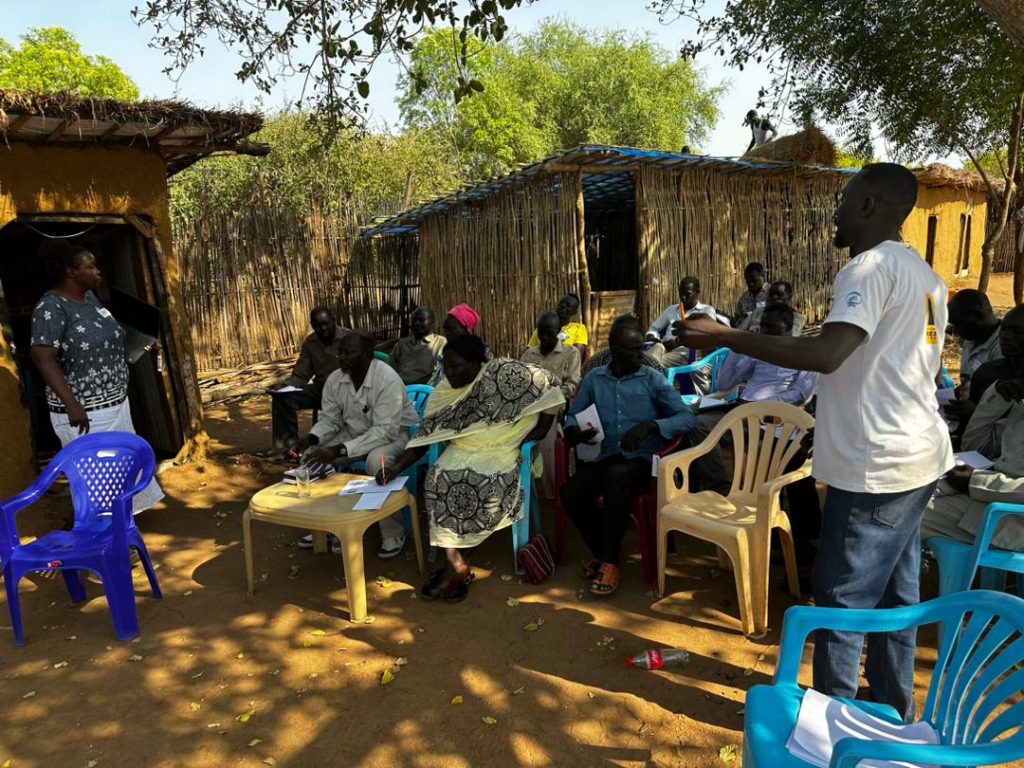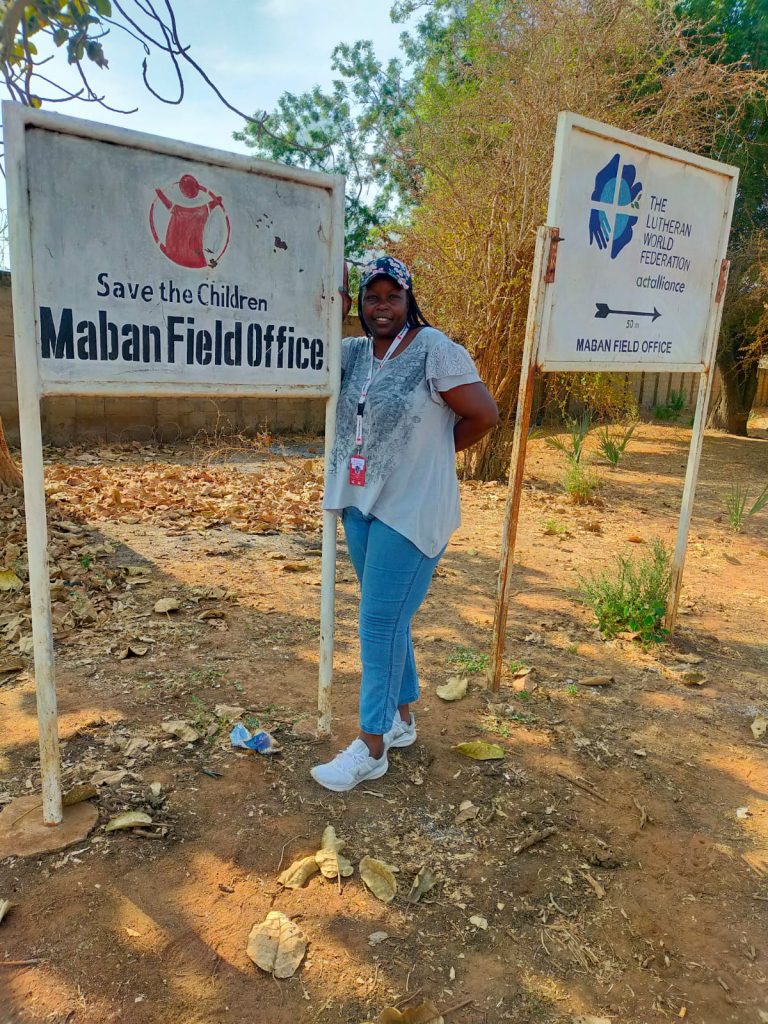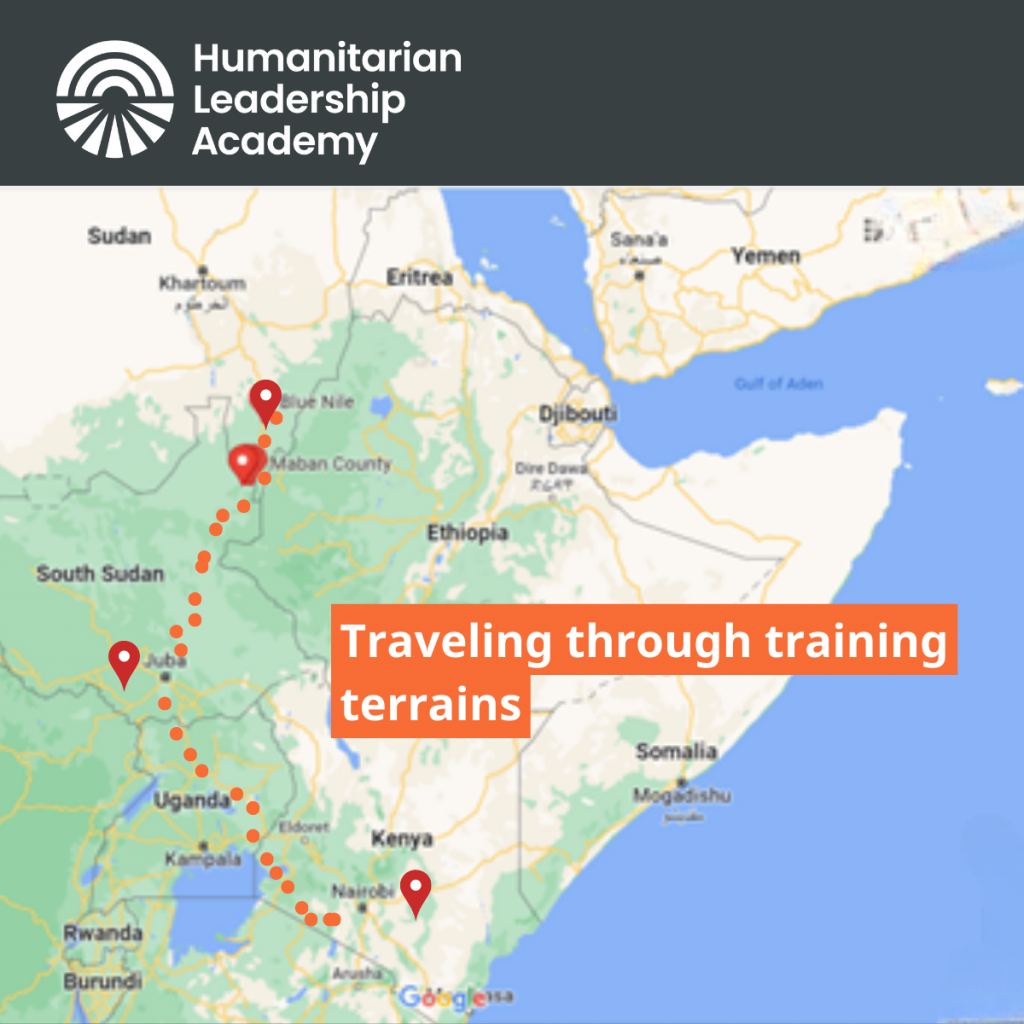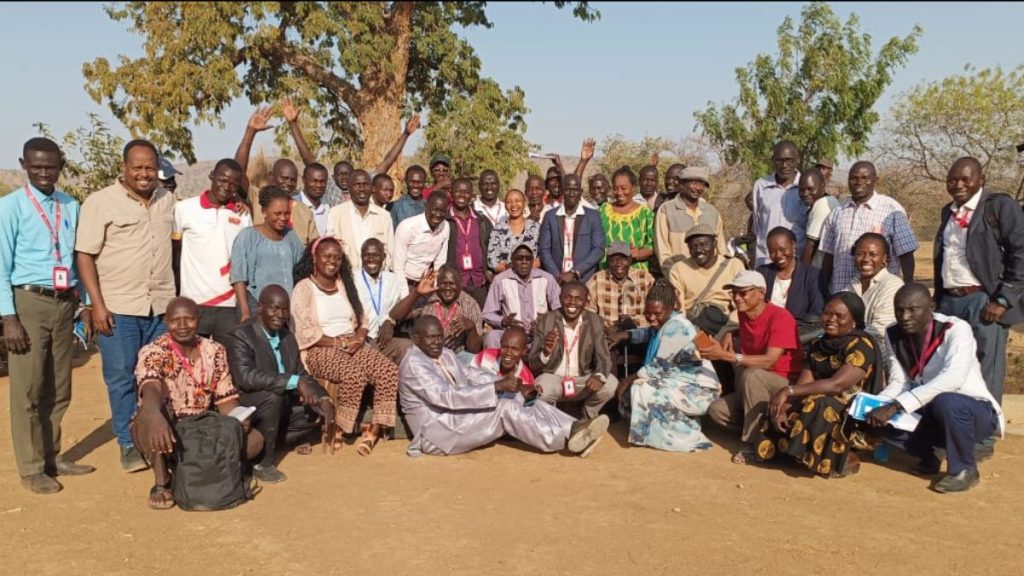The Humanitarian Leadership Academy with Save the Children International Uganda convened a collaborative space for knowledge-sharing, peer learning, and cross-sectoral dialogue among humanitarian practitioners, local responders, funding partners, academicians and researchers across East Africa with a focus on Sudan this June.
Two days in Munyonyo Kampala were an energising eye-opener for some, ground shifting for many, a space to connect for others and not just another humanitarian conference for all. The conference held on June 26th and June 27th and was themed Locally Led Response in East Africa – Adaptation and Resilience.
Pawel Mania, Deputy Director Impact and Influence – Humanitarian Leadership Academy shared in his opening remarks that the focus of HX Kampala would be to “spotlight the Sudan response, and region-wide efforts on localisation, climate adaptation, innovation, and the leadership needed to navigate today’s crises.”
In recognition that local responders and mutual aid groups were carrying the weight of the response, HX Kampala prioritised Sudan to enable more space, more visibility, and more practical collaboration.
Going above and beyond this mandate, conversations arising in Kampala covered the breadth of sharing powerful stories of resilience, adaptation, innovation, and leadership. Best practice, knowledge shared to unlearn and relearn left a strong clear case for why more of such spaces are needed.
These stories heavily reflected the Ubuntu (Swahili word for togetherness) spirit. A participant inspired by the stories from Emergency Response Rooms in Sudan shared that she learned that “we can come together and organise ourselves even when there is no access. These communities already had traditional self-help mechanisms to support each other in times of crisis. When we are talking about locally led can we go back to our communities to reignite this self-help groups in times of need not only looking outside.”
Samantha, a participant attending HX Kampala from an INGO reflected on her take-aways and shared:
“We need to be a lot more intentional as INGOs. It’s very easy to think that localisation is just about capacity building or capacity strengthening but today I learned that it’s a lot bigger than that… we need to be having more conversations about the different principles [of localisation] and if we’re going to say as INGOs that we need to localise, we need to understand what does that look like exactly and what are the different ways to do so.”
HX Kampala was held online and in-person with 100 plus in attendance and sessions in English and Arabic translations to ensure access and inclusivity.
Listen to hear Joyce Nyaboga, Start Network; Dr. Atif Shdad, Emergency Response Rooms – Sudan; Huseyin Arslan, Save the Children International and Nancy Mureti, Humanitarian Leadership Academy share reflections on their panels and on Humanitarian Xchange Kampala.

Why HX Kampala matters
Famari Barro, Country Director Save the Children shared in his opening remarks:
“We convene at a time of unprecedented challenges for our region. The intersecting crises of climate change, conflict, and displacement are testing the resilience of communities and redefining the boundaries of humanitarian response. Yet within these challenges lies opportunity, the opportunity to redefine how we work, whom we empower, and what we prioritise.”
To adapt and thrive despite serious challenges; collaboration and cooperation are fast becoming pursuits to be intentional about – and focused on.
HX Kampala emphasised this heavily – from governments and funding partners being encouraged to collaborate with youth; to organisations working in different areas of climate response recognising that there are more opportunities to work together to achieve more.
The role of youth leadership, supportive role of the diaspora, innovation and advocacy were recognised and celebrated.
Ismail, a panellist from Aider Refugee Initiative shared that:
“As youth leaders, we are the voice of our generation. Our role in advocacy is to amplify voices, challenge the status quo, and push for policies that bring lasting change. Youth-led initiatives understand what to advocate for on issues that affect them. We know the challenges we face, and we have the capacity to create our own platforms for advocacy.
He continued,
“Refugees have platforms like the Humanitarian Leadership Academy and Save the Children to amplify their voices. But to make an impact, we must use these platforms wisely, strategically, and with purpose. Let’s make every voice count!”

The HX team received a warm welcome from the Government of Uganda.
About Humanitarian Xchange
In 2024, Humanitarian Leadership Academy launched the Humanitarian Xchange (HX) – a groundbreaking global event series designed to cultivate a forward-thinking environment for addressing humanitarian challenges and driving transformative change.
HX serves as a platform to bridge the gap between international humanitarian actors and local responders, ensuring that crisis-affected communities have a direct voice in shaping humanitarian action. It is a collaborative space for knowledge-sharing, peer learning, and cross-sectoral dialogue among humanitarian practitioners, local responders, donors, and researchers.
The inaugural Humanitarian Xchange (HX24) event was held on 20 February in London, UK and was named Best Charity Event/Event for Positive Change in the Conference and Event Awards. From London to Gaziantep, Sarajevo to Baghdad, and now Kampala. Humanitarian Xchange is supported by Google and Center for Disaster Philanthropy. Visit the HX website to learn more.
